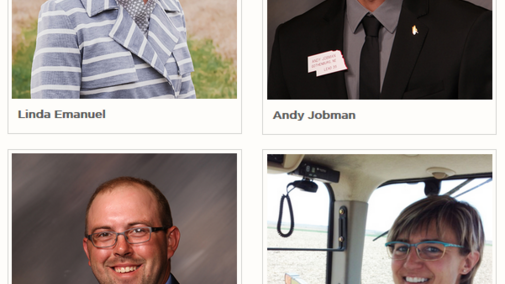Eye opening. Life changing. Skill building. Invigorating. Fun. These are just a few of the ways recent graduates of the Nebraska Leadership Education/Action Development (LEAD) Program described their two-year fellowship.
“It is impossible to fully embrace what you haven’t experienced and LEAD exposed me to more people, places, and things than I could ever imagine. It’s a lot like Sesame Street on steroids mixed with a healthy dose of Friends!” said Tracy Zink, a third-generation farmer from Indianola. Zink was one of 30 in LEAD Class 35 (Fall 2015 – Spring 2017) who came together for 12 three-day seminars, one regional/national tour and one international study tour to China, Thailand, and Laos.
In the following, four fellows from this LEAD class discuss how the leadership program broadened their perspectives, strengthened their personal, communication, and leadership skills, and helped them build a network of trusted lifelong friends and professional resources. The group came from varied backgrounds, ranging from a Federal Reserve banker in Omaha to a dairy farmer in Humboldt, a sugar beet farmer from Bayard to corn and soybean producers and professionals in health care and small business. The mix brought diverse perspectives to every discussion. Participants described this diversity as both eye-opening and bonding as they learned from each other while building relationships and respect for each other’s views.
“Everyone has a unique story and background coming into the program; however, together we formed a unique bond over the course of two years with memories of serious conversations as well as plenty of laughter that we’ll always be able to instantly reconnect with,” noted Andy Jobman who helps manage and operate a family farm near Gothenburg. Jobman also has a crop consulting business and is secretary of the Nebraska Corn Growers Association.
“The value of solid, authentic networking in effective leadership is immeasurable,” said Linda Emanuel, a registered nurse and grain farmer with her husband and sons from North Bend. “As we talked with numerous ag industry leaders within our state, nation and during our international study tour to southeast Asia, we learned our voices, our experiences do matter and can influence those making relevant decisions.”
Another LEAD fellow, Clint Shipman, agreed.
“Some of the most important skills that I feel like I came to develop and appreciate more were patience and an understanding of differing viewpoints of my peers,” said Shipman, who manages a growing farm and cattle operation and Fontanelle Seed Dealership near Red Cloud. “I gained perspective. The state of Nebraska now seems like it’s the size of my county, Webster.”
From exposure to new ideas in agriculture on the state, national and international scale, all said they learned much and grew as leaders in ways they had not imagined.
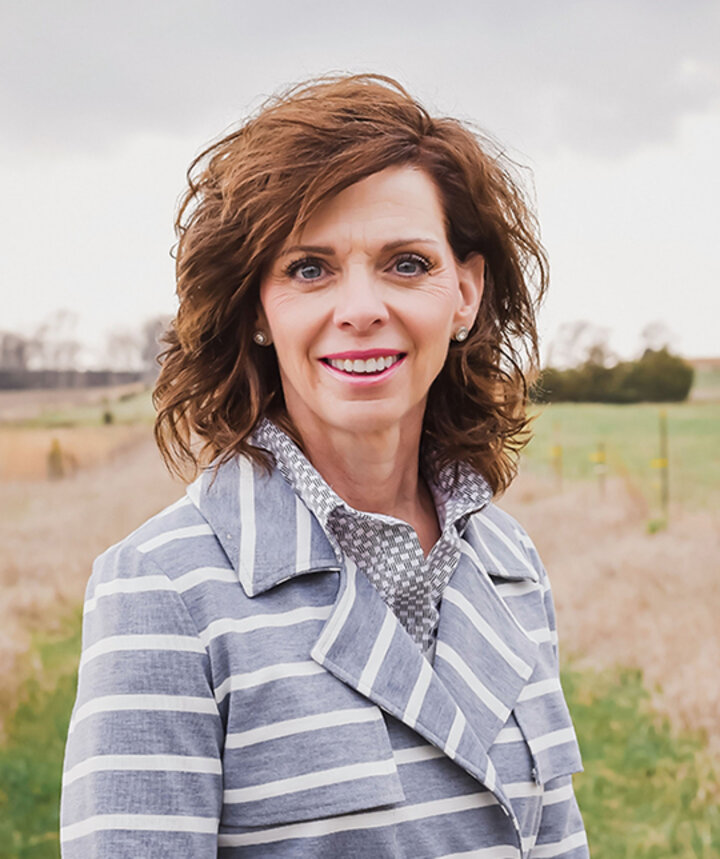
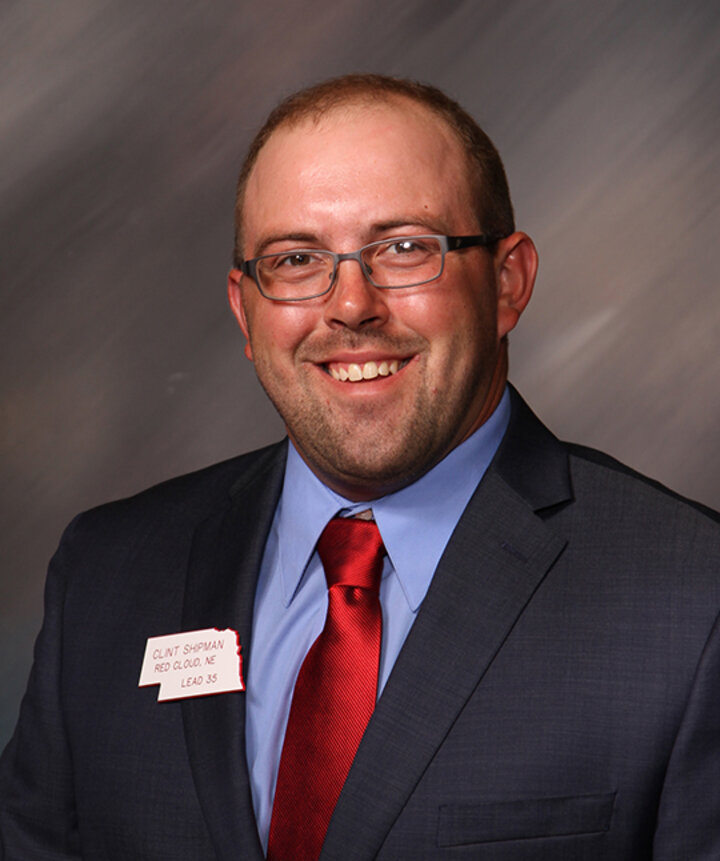
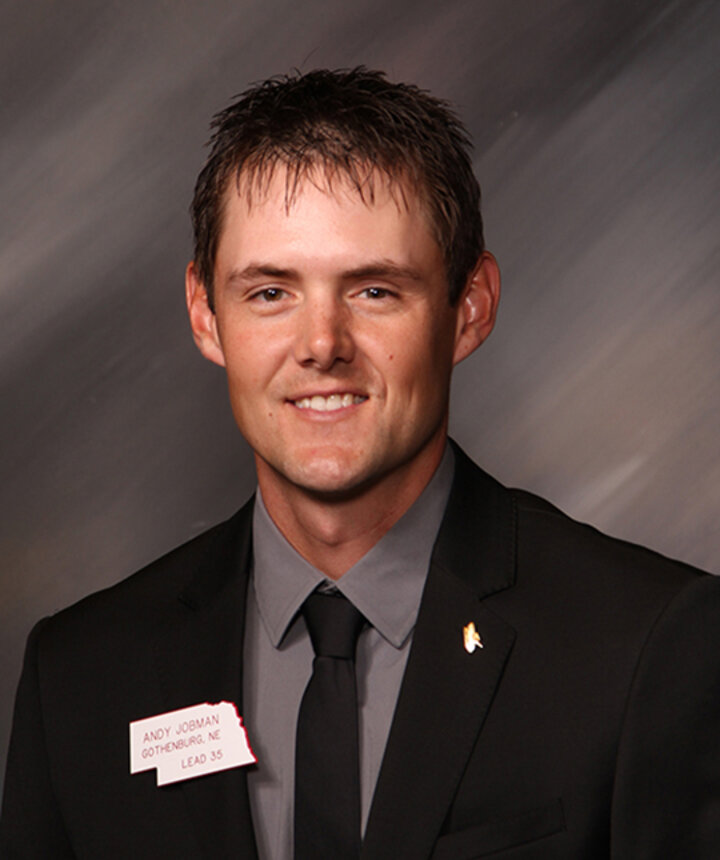
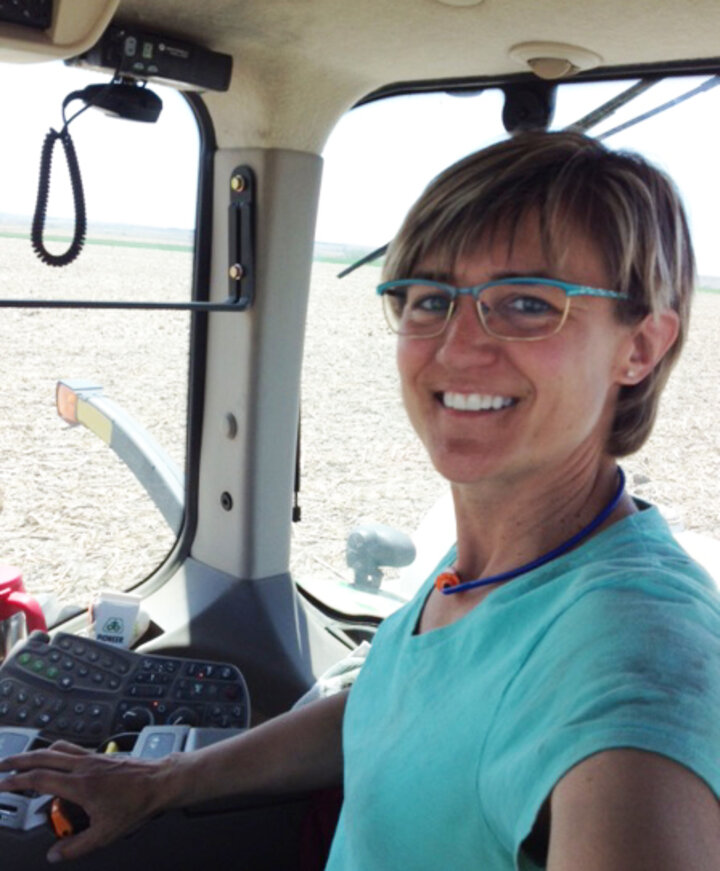
LEAD Growth Both Personal and Far Reaching
The Nebraska LEAD Program began 35 years ago and now has more than 1,000 alumni, many engaged in community and agricultural leadership roles across the state. In describing the program and its impact, Nebraska LEAD Director Terry Hejny said "After LEAD, our graduates go back to their community, whether it be large or small, rural or urban, and they get involved, they take action, they get things done, they bring about change, they make a difference in the lives of others. They make their communities and our state a better place to live, work and play."
"Like the classes before them, one thing that I observed early was that LEAD 35 listened well. Good leaders listen, they listen to their followers, they listen to others with different points of view, and they listen to learn. When most people think of communication, what immediately comes to mind is speaking and writing, but being a good listener is just as important."
In March, Hejny received two awards in recognition of his leadership of the program since 2007: The Agri-Award from the Triumph of Agriculture's Farm and Ranch Council and the Omaha Agri-Business Club Leadership Award.
LEAD is accepting nominations and applications until June 15 for the next class. Get application information.
“As a Midwest farmer’s daughter, my exposure to the Asian region and culture came from watching M*A*S*H*, Vietnam war-era history lessons and an occasional visit to a Chinese restaurant,” Zink said. “During our international seminar to China, Thailand, and Laos I realized that there is no sadder injustice than holding as truth something that you learned or came to believe from watching TV shows or listening to one ‘voice.’ I don’t think I will ever be able to express what this single realization has done to my perspective of all things.”
The diversity extended from their peers and their ideas to different kinds of agriculture and ag industry across the state and world.
“Studying alongside talented, educated diverse fellow agriculturists from varied backgrounds and locations across the state, I was able to experience the depth of diversity of our state’s ag industry. I have 30 other alums within the LEAD Class 35 to call upon when needed in a variety of related areas. It is an exceptional sense of camaraderie!”
“LEAD spurs a lot of critical thinking about issues facing agriculture and many areas beyond that in regard to our state, nation, and world,” said Jobman.
While the program requires a significant investment in time, all said it was well worth it. Several even said they wished they had spent more time studying and preparing for each of the seminars so they were better prepared to question speakers.
“It took me two years of worrying about if I could devote the time commitment before I applied and now, sitting on the other side of the fence, I would do anything to get back to the beginning of the journey to do it all over again!,” said Zink.
“LEAD is an intense program which requires time and your focused interest,” Emanuel said. “The gift comes about in that we are fully prepared to be influential servant leaders.”
Jobman agreed: “If someone is looking for a program to better themselves and prepare them for situations through which they can be a positive and confident influence in their town, state, nation, and world, then they should take a leap of faith and apply for LEAD.”
Shipman described his LEAD experience as a catalyst for growth. “We have all been spurred to step up to take on roles in our family, community, state and beyond to meet the challenges of an every changing agricultural world.”
Applying for the Next LEAD Class
LEAD is accepting nominations and applications until June 15 for the next class. To learn more visit the LEAD program website and visit with these and other alumni about their experiences.
LEAD can open doors and help you see things in new ways, Shipman said. “Never limit yourself. Never think this is all I want to do. Be open to new ideas.”
Information on applying is available at http://lead.unl.edu/nominateorrequestapp and see Selection Criteria Guidelines
